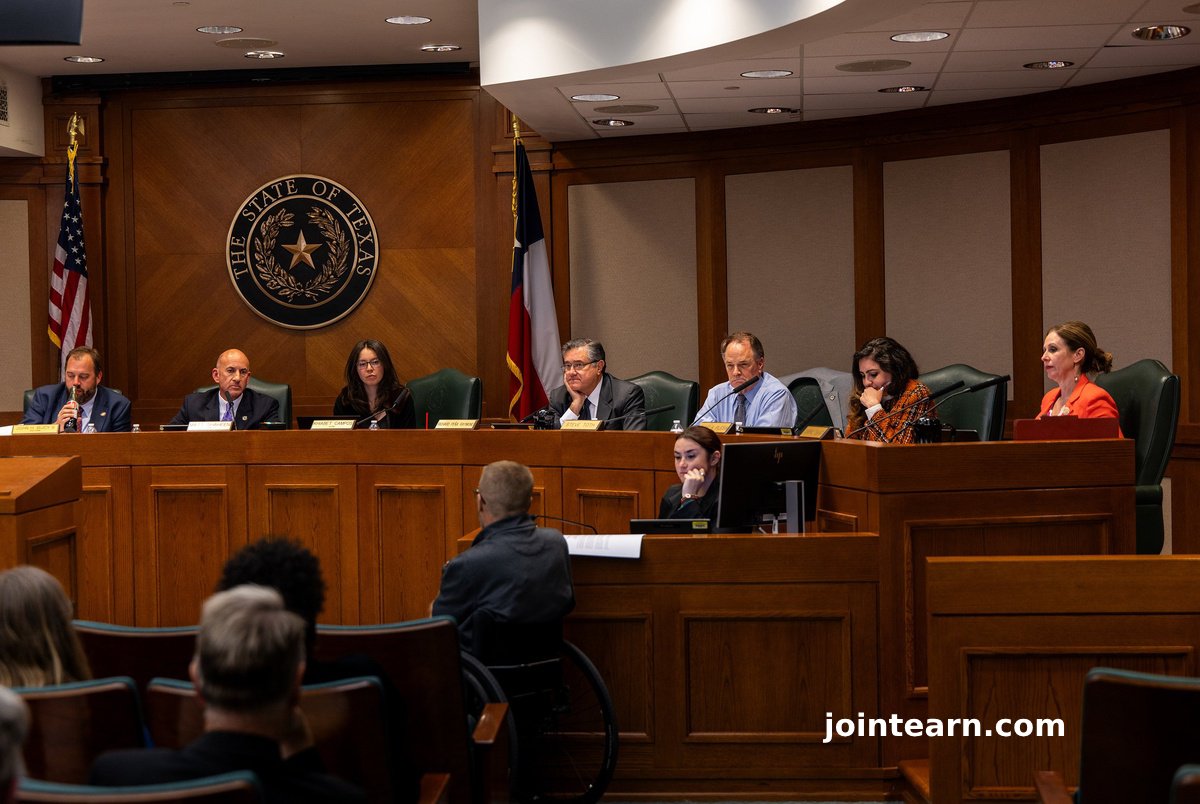A controversial new voting proposal in Texas — House Bill 5337 — is drawing fierce backlash from voters, Democratic lawmakers, and advocacy groups over fears it could disenfranchise hundreds of thousands of eligible voters.
At a heated Texas House Elections Committee hearing Thursday, citizens and lawmakers criticized the Republican-led bill, which would mandate proof of citizenship for voter registration — and apply retroactively to the state’s more than 18 million registered voters.
“I had to miss two days of work just to get my birth certificate,” testified Houston voter Jacqueline Altman. “Many Texans can’t afford that kind of burden.”
HB 5337: Citizenship Requirements Could Affect 500,000 Voters
According to the Texas Secretary of State’s Office, an estimated 500,000 Texans — many elderly voters registered before ID laws tightened — have no driver’s license or Social Security number on file and would need to provide citizenship documentation to maintain their eligibility.
HB 5337, identical to the already Senate-approved SB 16, would also require continuous citizenship checks by local election officials, who could face felony charges for lapses.
Is Noncitizen Voting in Texas a Real Issue?
Despite GOP claims, evidence of noncitizen voting in Texas is exceedingly rare. State data showed just 581 noncitizens removed from voter rolls over three years — a far cry from the 6,500 figure touted by Gov. Greg Abbott, which was debunked by investigations from Votebeat, the Texas Tribune, and ProPublica.
State Rep. John Bucy, a Democrat from Austin, challenged HB 5337 supporters during the hearing, saying, “The system we have is working. We are catching and removing noncitizens already.”
Potential Costs and Voter Access Issues
Implementing the bill could cost the state nearly $2 million over five years, not including local costs, according to its fiscal note.
Research from the University of Maryland’s Center for Democracy and Civic Engagement found that accessing citizenship documents remains a major hurdle. Surprisingly, the study showed Republicans in Texas are slightly more likely than Democrats to lack easy access to citizenship proof.
Among the barriers:
-
1% of Texas Republicans lack documented citizenship proof entirely.
-
7% of Republicans and 4% of Democrats have difficulty accessing documents.
Which Documents Would Be Accepted?
Under HB 5337, voters could submit:
-
A U.S. passport or passport card
-
A certified U.S. birth certificate
-
Citizenship or naturalization papers
-
Identification from the U.S. Citizenship and Immigration Services
-
A consular report of birth abroad
Notably absent: tribal documents, which sparked criticism from tribal leaders like Cecilia Flores, chairwoman of the Alabama-Coushatta Tribe of Texas.
“My mother was born in 1928. I have never seen her birth certificate,” Flores testified.
Democrats have urged amendments to expand the accepted documentation list, but the bill remains pending in committee. Both chambers must pass identical versions before the legislation can be sent to Gov. Abbott’s desk.
What’s Next for Texas Voting Laws?
If signed into law, HB 5337 could reshape access to voting in Texas ahead of the 2026 elections, with lawsuits likely to follow, especially as a similar law in Arizona faces federal court challenges.












